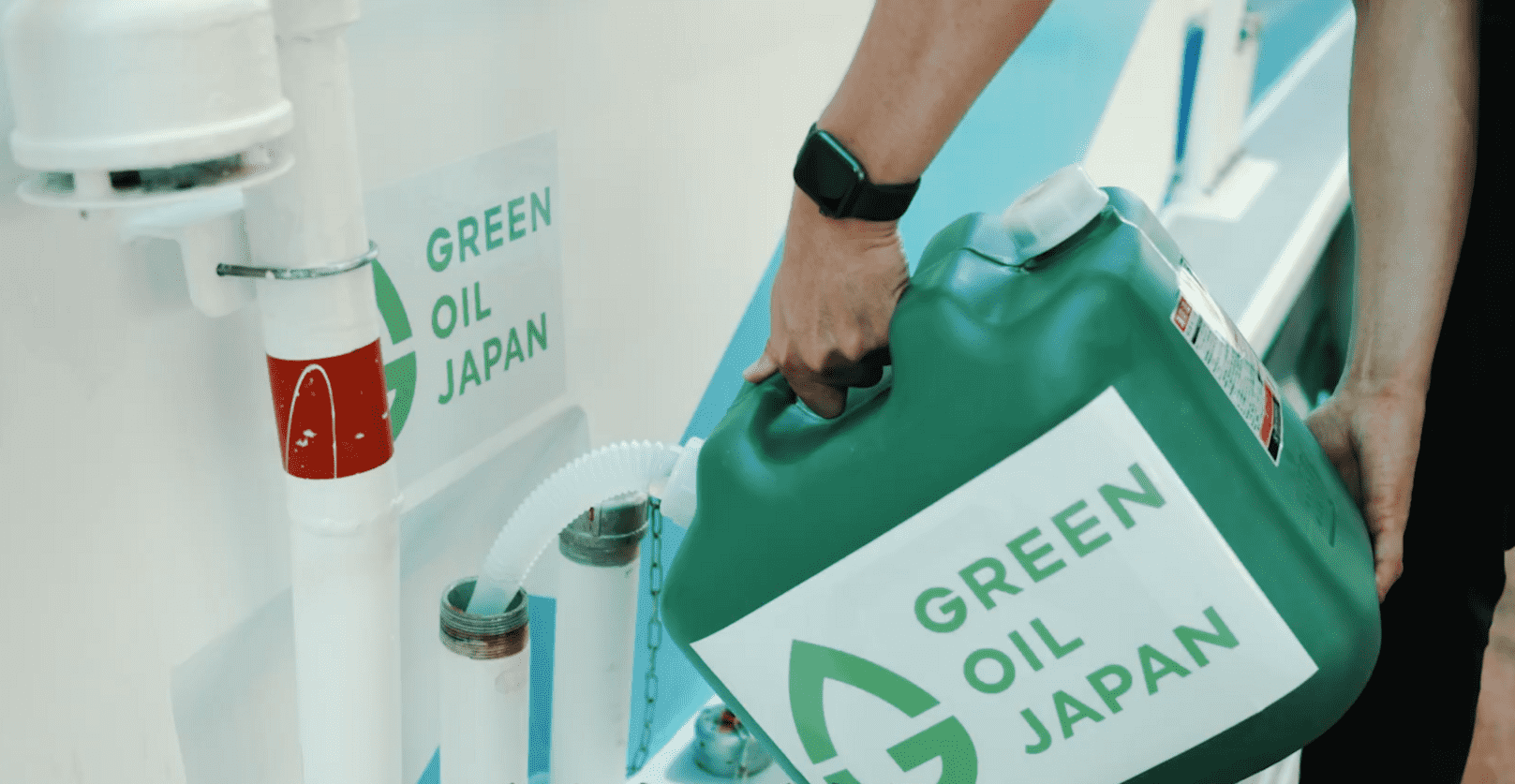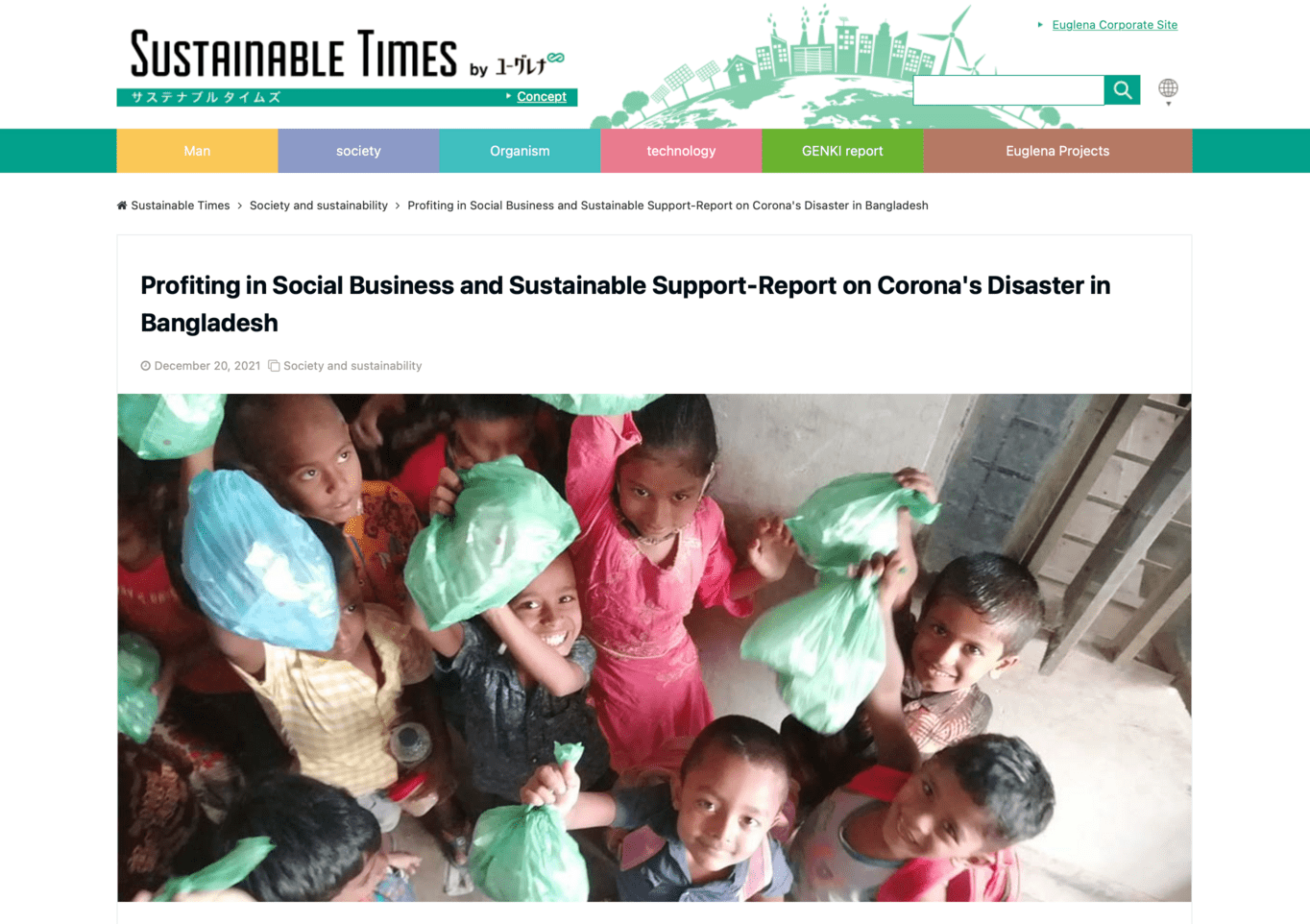JSTORIES ー Biodiesel fuel made mainly from used food oil and euglena, a microalgae, has been tested for the first time in Japanese trains as a replacement for diesel. The aim is to reduce fossil fuel use and minimize the trains’ environmental impact. The new fuel has the same molecular structure as diesel oil and can be used without major changes to existing engines.

Like ordinary diesel, the biodiesel emits CO₂ when burned. But because the biomass (biosource) material has absorbed CO₂ from the atmosphere through photosynthesis, CO₂ emissions are close to zero. Since the biomass is combined with cooking oil, the fuel can help preserve resources and reduce CO₂ emissions.
Euglena oil, the raw material for the biofuel used by the test trains, has been developed and produced by Euglena, a bio-venture company based in Minato Ward, Tokyo. In cooperation with Central Japan Railway Company (JR Tokai), from late January the fuel will be used in tests on JR Tokai’s conventional rail lines. Last June, the biofuel was also successfully used to power government aircraft. Euglena plans to establish a commercial production system for biofuels by 2025.

Euglena’s roots go back to when its founder and CEO, Mitsuru Izumo, visited Bangladesh as a student. Encountering widespread poverty, he decided to find a source of nutrition to enable children to have healthy lives. Today, his company uses part of its sales income to fund the distribution of cookies containing euglena to children in Bangladesh. The cookies are free of charge and highly nutritious.

Translation and Editing by Tony McNicol
Top page photo by Euglena YouTube Channel
For inquires about this article, please contact us at jstories@pacificbridge.jp
***
***
Click here for the Japanese version of the article.

![[Tokyo Updates] Is Hill-Farmed Salmon Here to Save Us?](https://storage.googleapis.com/jstories-cms.appspot.com/images/173258722885374_09952-thumb-1600xauto-10881_smallthumbnail.jpeg)
![[Tokyo Updates] Old and Full of Potential: Why a Swedish Model Is Reviving Abandoned Houses in Tokyo](https://storage.googleapis.com/jstories-cms.appspot.com/images/1732603609687d6b0a861ef75d954729578323092323fe00ad55e-thumb-1600xauto-10186_smallthumbnail.jpg)
![[Tokyo Updates] Making Space Development Open for All](https://storage.googleapis.com/jstories-cms.appspot.com/images/1732521298402c3af387cf9df027b91f0e9f2626b300713b93850-thumb-1600xauto-10594_smallthumbnail.jpg)











![[Interview] When digital and physical worlds meet](https://storage.googleapis.com/jstories-cms.appspot.com/images/1747974430456unnamed-2_smallthumbnail.png)

![[Interview] How Japanese musician Grover turned his passion of ‘sound’ into a health-tech startup](https://storage.googleapis.com/jstories-cms.appspot.com/images/1746181078493R7__1407_smallthumbnail.jpg)






